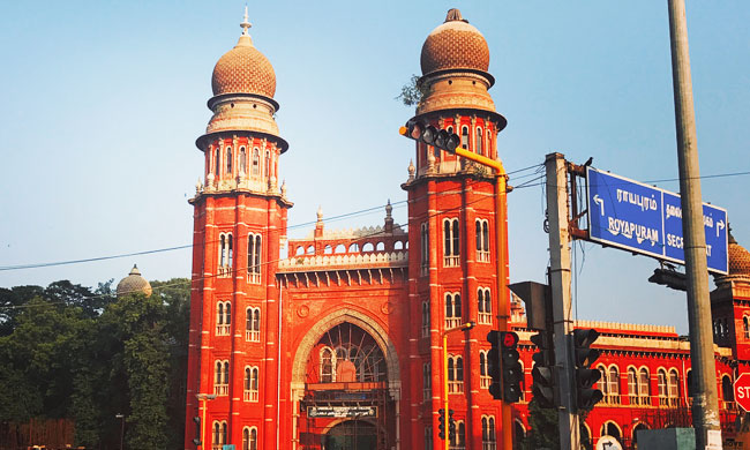Madras High Court Issues Notice On Plea Seeking GST Exemption For Incorporated Members' Clubs
Akshita Saxena
7 Jan 2021 11:10 AM IST

Next Story
7 Jan 2021 11:10 AM IST
The Madras High Court has decided to hear a petition seeking exemption for members' club in an incorporated form, from levy/ payment of GST under the Central Goods and Services Act, 2017. A Bench led by Chief Justice Sanjib Banerjee issued notices to the Central Government and CBDT in a petition filed by Ootacamund Club, situated in Ooty, Tamil Nadu. The Petitioner-club, registered as...
